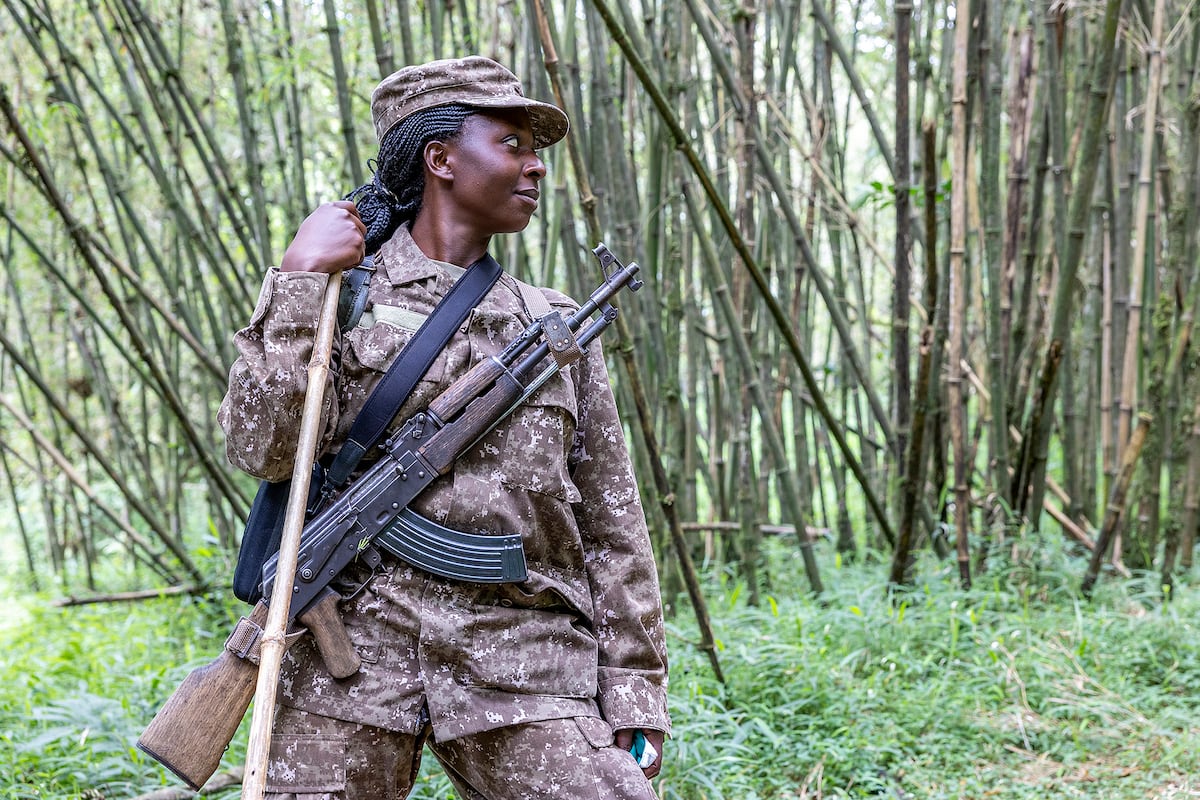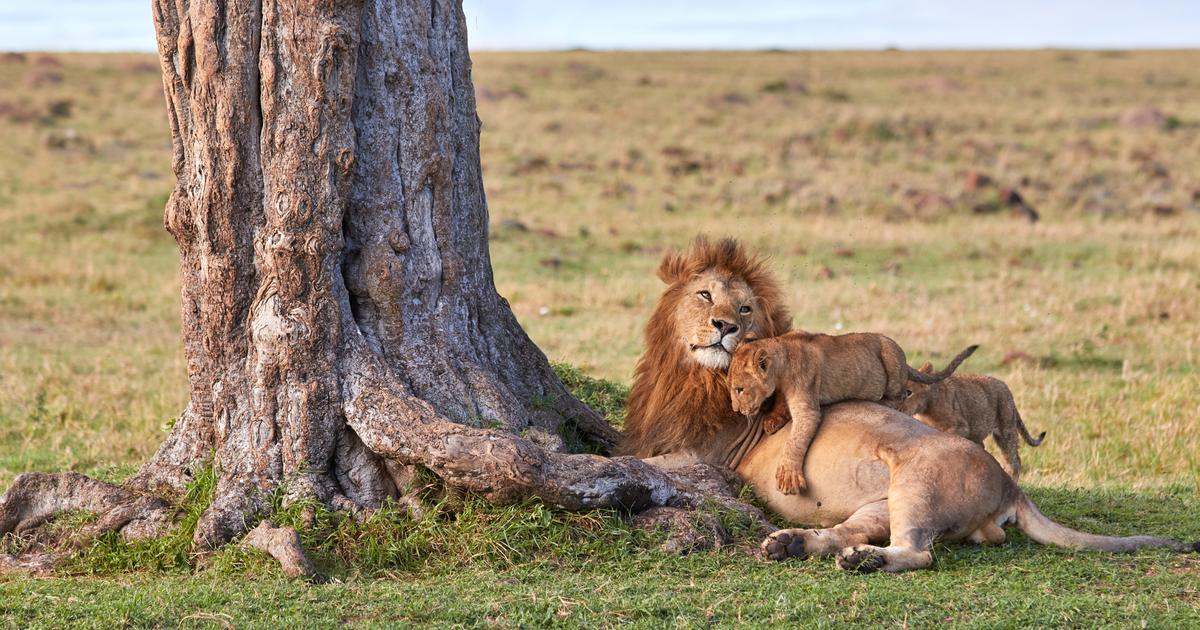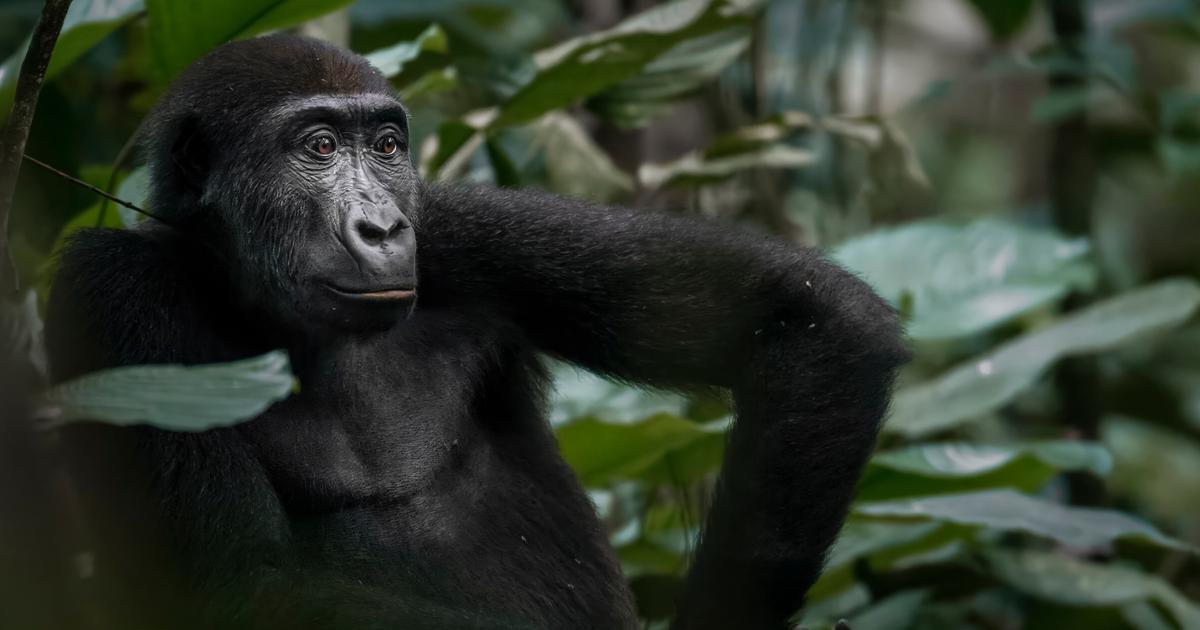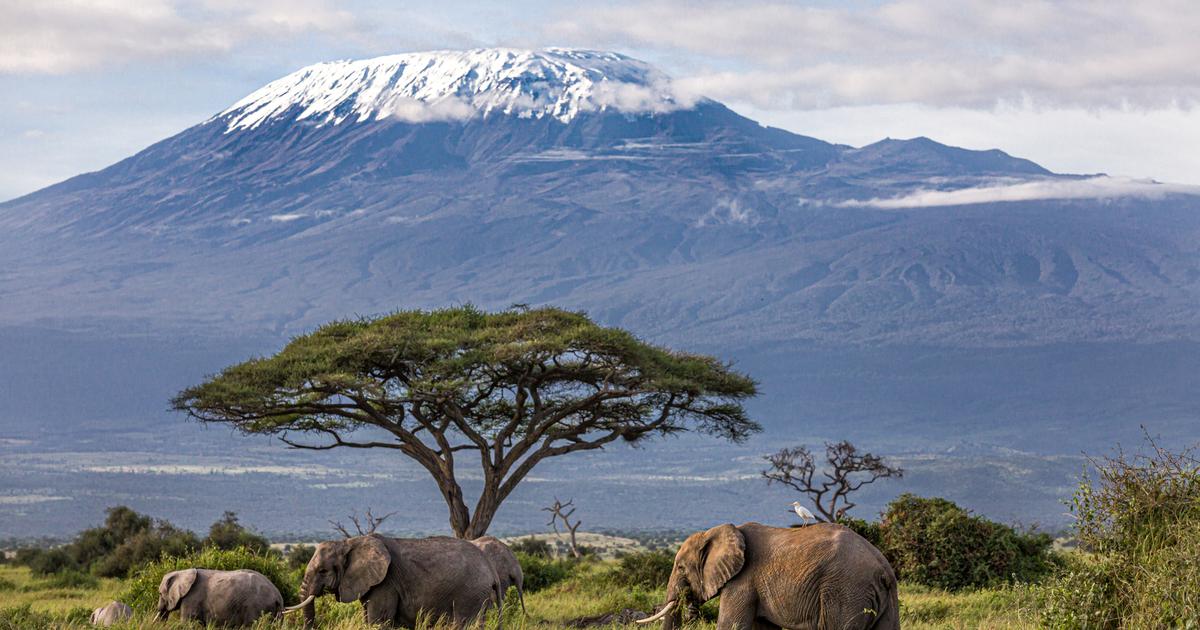At the foot of the Gahinga and Muhavura volcanoes, in the extreme southwest of Uganda, Joyleen Tugeme, also known as Joy, begins her day.
Wearing the UWA insignia on the left arm of her military uniform, the young woman braves the mist and strides through the rain.
For six years, Tugeme has worked for and for the care of the Nyakagezi family, the only lineage of mountain gorillas that inhabits the Mgahinga National Park.
A natural place that she pampers, breathes and feels like her home.
“The fact that Mgahinga is the only place where you can find these kinds of primates makes it a special place for me,” she confesses in the documentary
Joy
,
who narrates his journeys.
The feature film, directed and co-produced by Aner Extebarria and Katz Studio, was presented on December 12 and 14 at the BBK Mendi Film festival in Bilbao and at the Diagonal cinemas in Barcelona, respectively, and has had the collaboration of Rift Valley Expeditions .
At the end of the day, he returns home and resumes care.
This time, that of his children.
Favor and Abie, four and two years old respectively, play with small gorilla figures, carved from wood and painted by hand.
“Do you see this?” Tugeme asks, pointing to the animal's eyes.
“It's his eyes.
You also have, look, ”he says as he places the older man's hand on his eyelids.
“There was one time when they walked near our house and my children had the opportunity to see them.
I want them to feel and treat them like people ”, he recounts in the feature film.
Although research says that the number of poaching incidents is going down, the reality is that it will never hit zero.
During a conversation with this newspaper in Barcelona, the young woman assures that she would not be who she is today, if it were not for her role models.
“Before I became a ranger, she dreamed of being a teacher.
I grew up seeing the figure of my father, a teacher by trade”.
After finishing high school in Kasese, her hometown, the young Ugandan specialized in flora and fauna studies.
It was like this, during her formation, when Tugeme made sure of her.
She “She was exposed to nature and coexistence with all kinds of species.
I realized how society was destroying the environment.
I had to do something, ”she says.
After several interviews, a physical test and five months of training in the Murchison Falls National Park in the north of the country, Tugeme was ready to embark on the adventure of a lifetime.
An autobiography of passion, preservation of the environment and care of primates that is now jumping to the big screen.
Joy, in Bilbao, during the presentation of her documentary at the BBK Mendi Film festival.Toni Espadas
Global warming and poaching
Until 2019, around 1,063 gorillas inhabited three enclaves in the area: the Mgahinga Gorilla National Park, the Virunga National Park in the Democratic Republic of the Congo, and the Volcanoes National Park in Rwanda.
“In the eighties, there were no more than 240 primates.
We are making progress, and if we rangers double our efforts, we will double the numbers,” says Tugeme.
During long shifts from eight to 24 hours, she and her team monitor the conditions of the primates, especially those of the nine members of the Nyakagezi family.
“Seeing the gorillas in peace and freedom makes me deeply proud as a professional and even more so as a person,” she says.
Despite quintupling numbers, threats persist with accelerating global warming and poaching.
Although the communities of these primates enjoy adequate habitat spaces, droughts and heat mean that a large part of them have to move to look for food.
“We have monitored the gorillas during dry seasons and they walk a few kilometers to get food.
Many of the plants have lost water due to the heat”, points out the ranger.
I want my children to feel and treat gorillas as people
“Even so, the acceleration of the climate crisis is not the main problem.
Although the investigations say that the number of poaching incidents is going down, the reality is that it will never touch zero”.
Poaching aims to shoot or injure, through camouflaged traps, wild animals within protected areas.
It is, among other factors, one of the great enemies of the extinction of fauna.
In 1991, UWA founded the Mgahinga National Park.
Until then, the land was public property and a place of coexistence between people and gorillas.
“The law forced many people to leave their homes and even their food resources.
They have no money, their land has been taken from them and they have not received fair compensation, so what do you expect from them?
They have to poach,” she clarifies.
The legacy of the future
In the sobriety of a room without natural light, Tugeme is able to evoke the skyscrapers of nature.
With excitement, he explains how gorillas live in an area that shares a border with three sub-Saharan African countries: Uganda, Rwanda and the Democratic Republic of Congo.
“They know no borders.
They only worry about eating and sleeping,” she jokes.
Tugeme is the living reflection of hope.
"Nature must be respected," she says towards the end of our talk.
I ask him why.
She is clear and answers without pause.
“A tree can live without me, it doesn't need me at all.
I, on the other hand, need their oxygen to survive."
In addition, the young woman assures that it is not only important how we act today, but also "the legacy in the future".
She looks at everyone's horizon with hope.
For her children, her gorillas and the land that she has seen her grow and on which she works day after day.
At the foot of the volcanoes, Tugeme rescues her ambition to be a teacher.
For teaching and raising awareness.
A yearning with the seal of her father.
"We must educate local communities so that they appreciate the importance of these primates in biodiversity and also recognize our role," she advises.
You can follow PLANETA FUTURO on
,
and
, and subscribe
here
to our 'newsletter'
.







/cloudfront-eu-central-1.images.arcpublishing.com/prisa/Y2JWUSXPBJDSHCI3OF3KQ7Z24I.jpg)



/cloudfront-eu-central-1.images.arcpublishing.com/prisa/KMEYMJKESBAZBE4MRBAM4TGHIQ.jpg)


